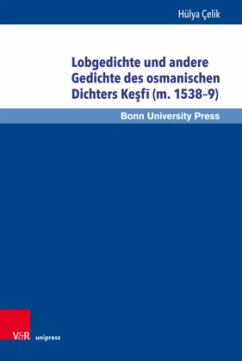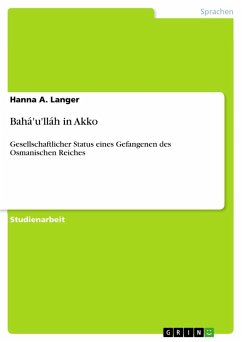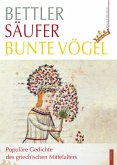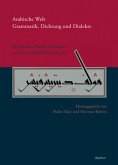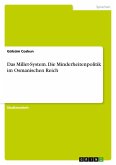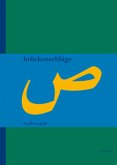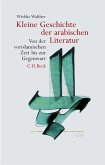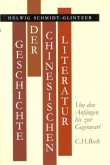Hulya Celik untersucht das Leben und einen Teil des Werkes des osmanischen Dichters Kesfi (gest. 1538-9) mithilfe von Informationen aus Dichterbiographien, den Werken des Dichters selbst, Archivdokumenten und anderen Primarquellen des 16. Jahrhunderts. Ein wichtiger Teil ihrer Arbeit widmet sich der Dichtung Kesfis und bearbeitet insgesamt 105 Gedichte. Dabei handelt es sich zum Großteil um Lobgedichte (Qasiden), aber auch um Strophengedichte und Chronogramme, die sich in der einzigen bisher bekannten Handschrift der Gedichtsammlung Kesfis befinden. Dieser Band beinhaltet eine Edition der Gedichte und geht tiefgehend auf deren technische Eigenschaften, Sprache und Stil ein. Hinsichtlich des Stils der Gedichte untersucht die Autorin die rhetorischen Elemente und veranschaulicht diese mit Gedichtpassagen.
Hulya Celik investigates the life and work of the Ottoman poet Kesfi (d. 1538-9), focusing on the poet's origin, writing career, social life and literary milieu. A large part of the book is devoted to Kesfi's poetry and comprises a study of 105 poems in total, mainly eulogies (qasides) but also a few strophic poems and chronograms. In order to adequately address the question of Kesfi's poetic talent (that his contemporaries doubted he possessed), Kesfi's eulogies are compared with those of some prominent Ottoman poets of his time, who are regarded as 'masters' by modern literary critics. The book shows that studying little known poets may open up new venues for the evaluation of the esthetic quality of Ottoman poetry that does not take center stage.
Hinweis: Dieser Artikel kann nur an eine deutsche Lieferadresse ausgeliefert werden.
Hulya Celik investigates the life and work of the Ottoman poet Kesfi (d. 1538-9), focusing on the poet's origin, writing career, social life and literary milieu. A large part of the book is devoted to Kesfi's poetry and comprises a study of 105 poems in total, mainly eulogies (qasides) but also a few strophic poems and chronograms. In order to adequately address the question of Kesfi's poetic talent (that his contemporaries doubted he possessed), Kesfi's eulogies are compared with those of some prominent Ottoman poets of his time, who are regarded as 'masters' by modern literary critics. The book shows that studying little known poets may open up new venues for the evaluation of the esthetic quality of Ottoman poetry that does not take center stage.
Hinweis: Dieser Artikel kann nur an eine deutsche Lieferadresse ausgeliefert werden.

